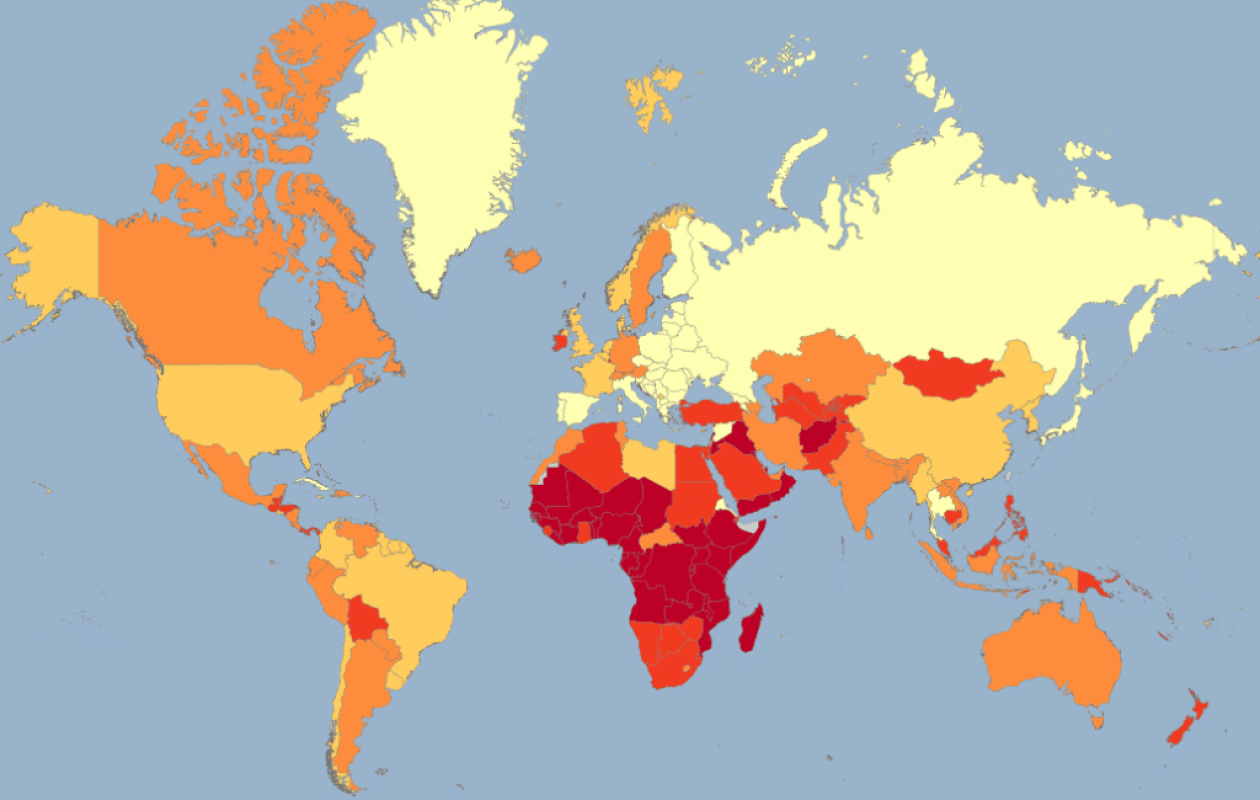
Transformer le dividende démographique en moteur économique
Africa's demographic structure remains deeply marked by a massive youth population, with 60% of sub-Saharan Africa's population projected to be under 25 by 2025, according to the World Bank. This reality necessitates sustained public spending on education, health, vocational training, and urban infrastructure. States must therefore balance social investment with financial sustainability, lest they create persistent deficits and increase external dependence.
Rapid population growth is increasing pressure on public debt. In several African countries, debt limits governments' ability to sustainably support essential public services and invest in productive projects. However, younger generations represent a major potential for stimulating growth if they have access to education, digital skills, and quality jobs. The key lies in developing public policies that can transform this demographic mass into an economic engine rather than a fiscal burden.
The impact of this dynamic on budget planning is also profound. States must anticipate not only immediate needs, but also future demand for infrastructure, housing, and transportation.
According to the UN, by 2030, African cities will be home to 50% of the continent's population, highlighting the need for massive urban investments. These expenditures can be both a driver of growth and a source of fragility if they are not coordinated with fiscal capacity and national revenues.
Finally, Africa's youth influence social and economic stability. Young populations poorly integrated into the labor market can increase the risk of high unemployment and social tensions, which weighs on the fiscal credibility of states. Transforming this demographic dividend into a sustainable asset relies on an integrated strategy that combines training, employment, infrastructure, and targeted social policies, enabling states to maximize the economic impact of their youth while preserving financial sustainability.
Commentaires (4)
Il y'a plutôt un fardeau démographique.
Ces jeunes n'ont plus d'espoir. Ils ont compris. Ils ne voient pas leur avenir en Afrique. Ils prennent les pirogues pour partir.
Toutes les politiques et les plans de développement des pays de l'Afrique noire sont voués à l'échec tant que la croissance de la population n'est pas réduite et maîtrisée.
Participer à la Discussion
Règles de la communauté :
💡 Astuce : Utilisez des emojis depuis votre téléphone ou le module emoji ci-dessous. Cliquez sur GIF pour ajouter un GIF animé. Collez un lien X/Twitter, TikTok ou Instagram pour l'afficher automatiquement.